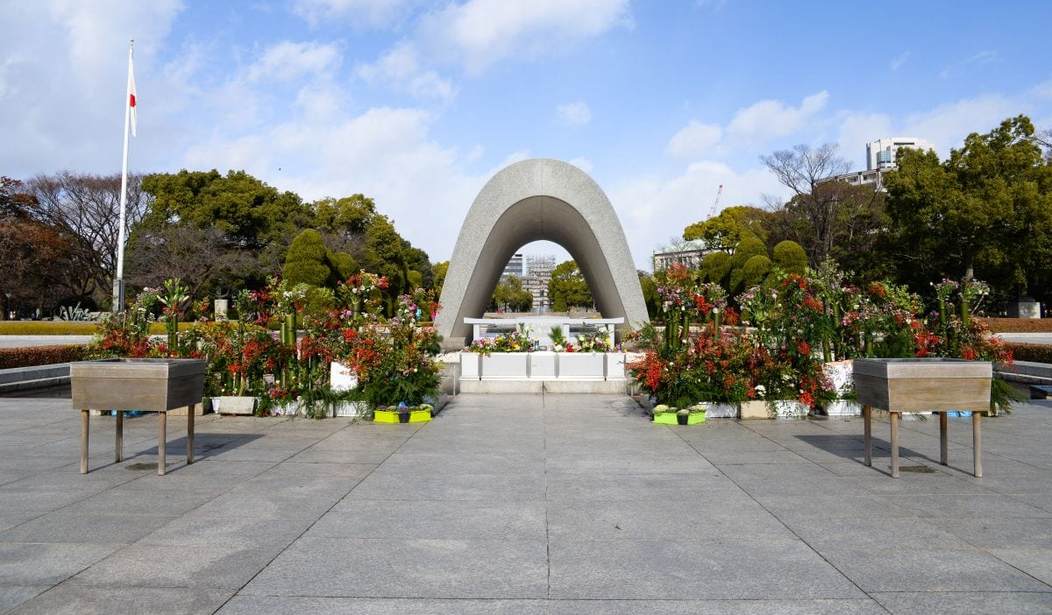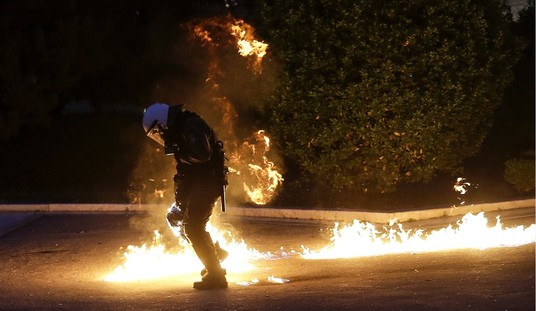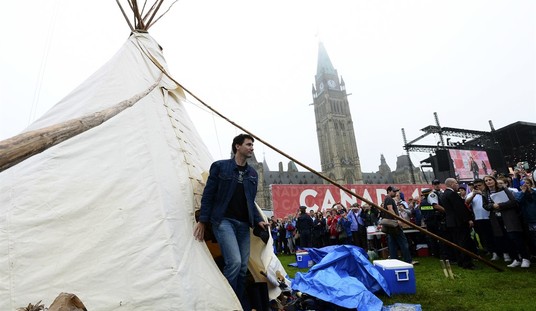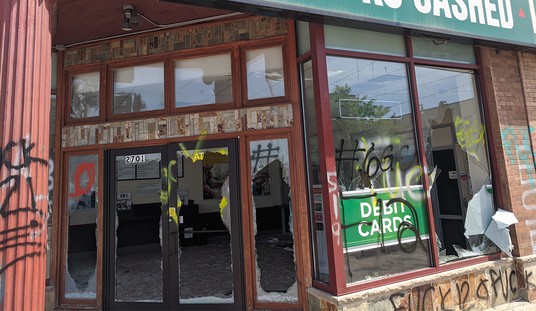President Obama has accepted an invitation to visit Hiroshima later this month following the conclusion of the G-7 summit. He will be the first sitting president to visit the site where the first atomic bomb was dropped.
John Kerry became the first sitting secretary of State to visit the site last month. The president is expected to call for the total elimination of nuclear weapons –a theme he has advanced since his first months in office.
He is scheduled to travel to Vietnam and Japan from May 21 through May 28 on his 10th trip to Asia, where he is expected to highlight America’s commitment to increase diplomatic, economic and security engagement with Asian nations and their people. The White House said Obama will participate in his final G-7 Summit when he visits Japan.
“The President and Prime Minister Abe will meet bilaterally to further advance the U.S.-Japan alliance, including our cooperation on economic and security issues as well as a host of global challenges,” the White House said in a statement. “Finally, the President will make an historic visit to Hiroshima with Prime Minister Abe to highlight his continued commitment to pursuing the peace and security of a world without nuclear weapons.”
Deputy national security adviser Ben Rhodes said late May is the appropriate time for Obama to visit the city and shrine.
“So, on May 27, the President will visit the Hiroshima Peace Memorial Park, a site at the center of the city dedicated to the victims of the atomic bombing, where he will share his reflections on the significance of the site and the events that occurred there,” Rhodes wrote in a Medium post. “He will not revisit the decision to use the atomic bomb at the end of World War II. Instead, he will offer a forward-looking vision focused on our shared future.”
From what U.S. Deputy National Security Advisor Ben Rhodes is saying, the president will not apologize for the decision to drop the bomb. But given the intense feeling of the Japanese people about what happened at Hiroshima and Nagasaki, the president may try to frame the issue that puts the U.S. in a bad light.
We can be fairly certain he won’t mention the brutal treatment of American prisoners of war, or the “comfort women” — hundreds of thousands of Asian women raped by Japanese soldiers — or the mass slaughter of civilians. He especially won’t mention that the Japanese started the war with a sneak attack — intended or not — on Pearl Harbor.
You cannot discuss the decision to nuke Hiroshima without discussing the way the Japanese prosecuted the war and the fact they have never fully apologized for their actions. In fact, Japanese school kids are taught about a much different war than reality suggests.
Revisionists love to try to make the point that the real reason we dropped the bomb was to intimidate the Soviet Union, or because we’re racists, or that Truman would have been impeached if we failed to drop the bomb and the war went on for another 18 months.
The decision to drop the atomic bomb is one of the more researched subjects of WW2, with thousands of documents showing how thoroughly the issue was discussed and debated. In the end, it’s pretty clear that the principles in the administration reluctantly came to the conclusion that dropping the bomb was the quickest way to end the war.
Given Obama’s ignorance of history that doesn’t comport with his worldview, it’s probable that he is unaware of any of this. And this should worry us as he faces the Japanese people and their conceits about how they were victimized by the U.S.










Join the conversation as a VIP Member